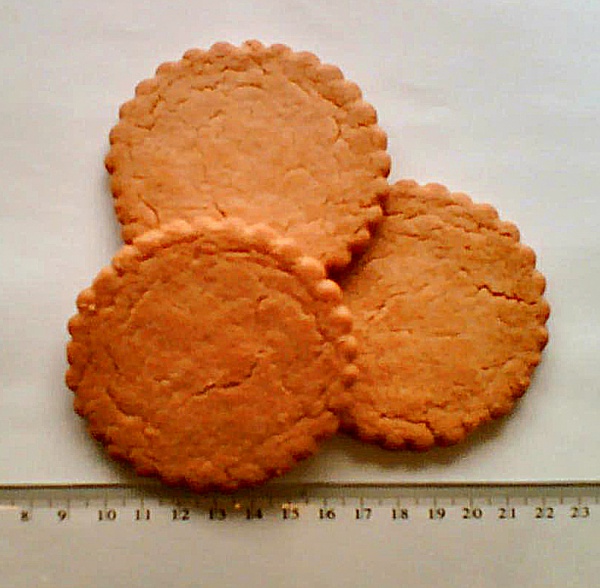Facts About Jodenkoek
A jodenkoek is a large, flat, round shortbread cookie, approximately 10 centimeters in diameter. These cookies have a rich history dating back to the 17th century. They became especially popular due to the efforts of a baker named Davelaar in Alkmaar, Netherlands. The Stam bakery in Alkmaar began selling jodenkoeken in 1883, and Gijs Verhoeven continued this tradition after taking over the bakery in 1924. Today, companies like Lotus Bakeries and O'Lacy also produce similar cookies under the same name.
The name "jodenkoek" has several origin stories. One theory suggests that the recipe originated from a Jewish baker in Amsterdam around 1920. Another idea is that the cookie is named after a baker with the last name "de Joode." There is also a theory that links the name to the historical tendency to attach the prefix "Jewish" to inexpensive products. Some even speculate it might be connected to the unleavened bread baked by Jews during the Exodus from ancient Egypt.
In the 1970s, there was some debate about whether the name was discriminatory, but it hasn't provoked much controversy since then. These cookies are exported to countries like England and China, where they are usually marketed as "Dutch Cookies" because the original name can be difficult to explain. To keep them fresh and crunchy, jodenkoeken are typically packaged in tins. Over the years, the packaging has evolved from metal tins with yellow wrappers to plastic tins with purple wrappers.

 Germany
Germany